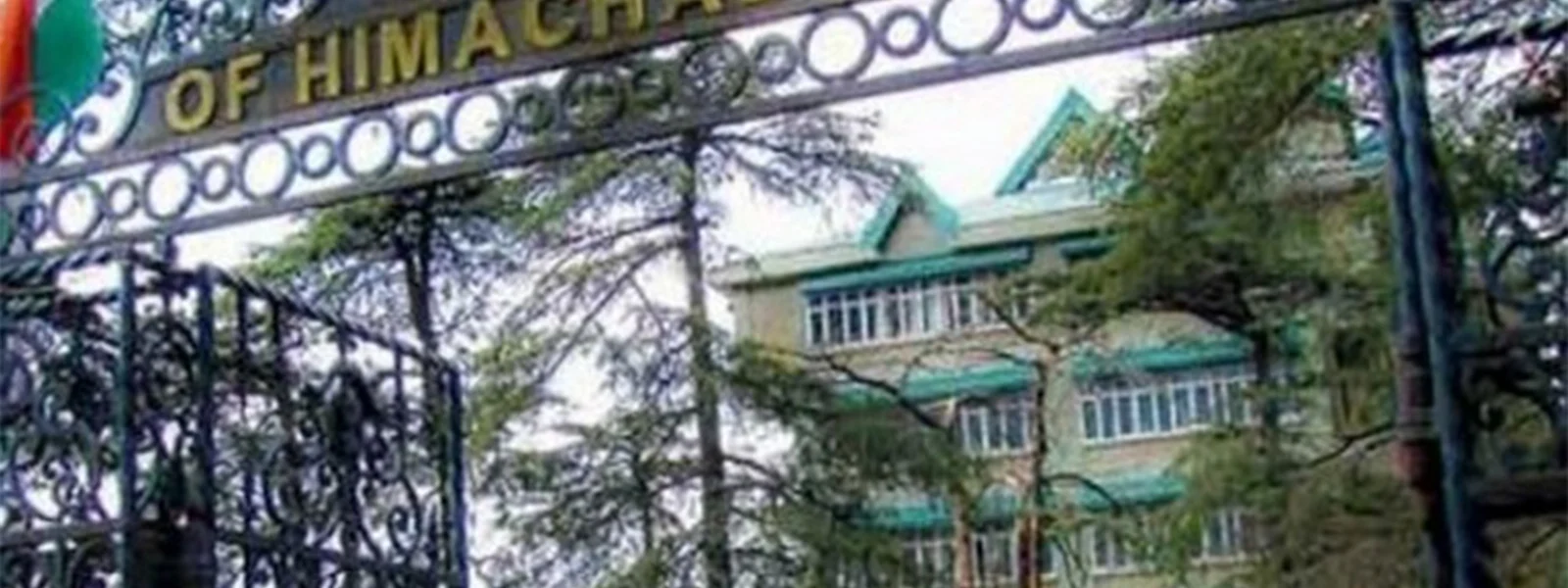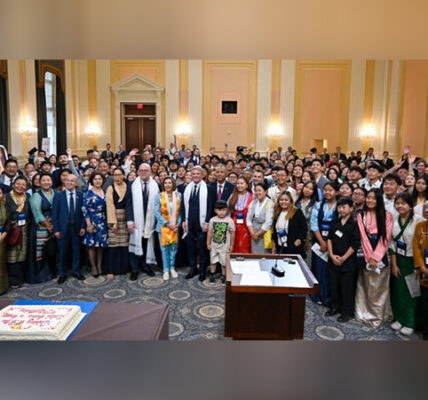Himachal HC Bans Temple Fund Diversion: Major Win for Religious Transparency in 2025
Himachal HC prohibits diversion of temple funds to govt schemes to be utilized in dharmic use.
In a precedent-setting case, the Himachal Pradesh High Court today holds that donations to Hindu temples can only be utilised to exclusively religious and dharmic purposes and not to government schemes, public infrastructure or other non-religious welfare activities.
The landmark judgment was issued by a Division Bench led by Justice Vivek Singh Thakur and Justice Rakesh Kainthla when they were disposing a petition challenging a strict adherence to the Himachal Pradesh Hindu Public religious institutions and Charitable Endowments Act, 1984, that was filed by Kashmir Chand Shadyal. IN the supplication, Shadyal had pointed out abnormalities in the utilization of temple funds and demanded accountability in accounting and spending.
The Bench ruled that the donations to the temples were not the property of the government but of the deity, and that trustees are only custodians. Any diversion of this money, the Court opined, is criminal breach of trust.
When the government takes these holy offerings, it breaks that trust. This kind of diversion was not only waste of public donations but directly it confronted the very essence of religious liberty and institutional purity, said the order.
The Court also ruled that all the rupees of temple funds could not be treated as general revenue of the state and used in non-religious works of the temple, but rather they had to be used as a religious purpose or dharmic charity of the temple.
Moreover, the Court expounded on the philosophical basis of Hindu Dharma, that is, the manner of living based on compassion, equality and seek of knowledge. The Bench used Supreme Court decisions and ancient texts to encourage temple institutions to renew their educational, cultural and social services purpose.
The judges emphasised that caste, creed, or gender discrimination is counterintuitive to the real Dharma, referring to the efforts of reformers like Raja Ram Mohan Roy, Swami Vivekananda, and Dr B.R. Ambedkar to renew equality in the Hindu society.
Relying on Article 25(2) of the Constitution, the Court once again stated that as long as India is a secular state, the government can control the secular administration of the religious institutions so as to ensure that there is no misuse of funds, but cannot claim temple revenues as state funds.
The Bench noted that the donations given by the devotees to the temples are holy and should not be spent on the common state revenues which are not related to the principles of Dharma.
By referring to Section 17 of the 1984 Act, the High Court has given prominence to the areas where temple donations can be used. The authorized spheres are religious and educational, dharmic and Charitable Work, cultural promotion and disaster relief.
Conversely, the Bench has expressly prohibited the use of temple funds on the erection of roads, bridges or buildings which are not connected with temples, Funding of government welfare schemes or private enterprises, acquisition of VIP gifts, vehicles or souvenirs to dignitaries. The court also stressed that officials such as temple commissioners are only entitled to reimbursement at official rates on amount spent on work related to the temple.
But the Court instructed all temples to show their monthly revenues, expenditure and audit summaries in the form of notices or on the official websites. In situations where misutilisation exists, the trustee which has erred shall be personally liable and recovery proceedings shall be taken to recover misused funds.
The order added that every temple should keep proper accounts, which should be audited at least once a year and the results published to assure that the funds were being used to the purpose they were intended.
Therefore, the High Court instructed the Himachal Pradesh Government and all the temple authorities to strictly follow these directions as letter and spirit and also to have periodic audit and full transparency in the running of the temple finances.
For Reference: Visit ANI News













